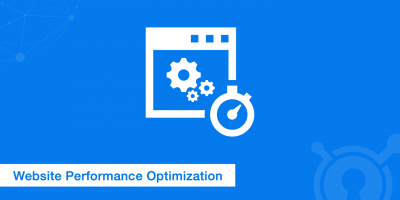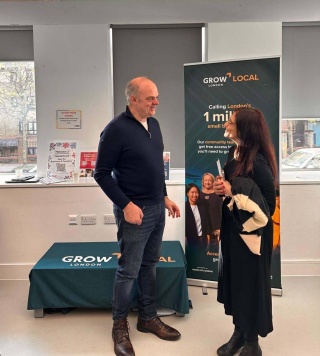3 WAYS TO OPTIMISE WEBSITES

The internet has a huge marketplace that business owners cannot ignore. Both large conglomerates and small business owners know the importance of having a good website to make their presence felt in the online market. An optimised website can be an edge against your competitor and can be a good tool for growing your business.
Here are some areas that you can explore on how to better optimise your website.
Designing a Website: Beyond Visual Appeal
Designing a website is far more complex than simply deciding how visually appealing it should be. A successful website requires careful planning of its structure, functionality and usability to ensure visitors have a seamless experience. This includes selecting the right tools and technologies that allow users to navigate the site efficiently and find the information they need without frustration.
For those who plan to build web pages from scratch, learning CSS (Cascading Style Sheets) is essential. CSS enables designers to control the layout, styling and responsiveness of a website, creating an efficient site that is not only visually appealing but also easy to manage and update. In addition, understanding HTML, JavaScript and other web technologies can further enhance a site’s functionality and interactivity.
Many businesses, however, choose to work with professional web developers or designers. These experts can ensure that a website uses the latest tools, frameworks and design best practices. They can also implement advanced features such as content management systems, e-commerce capabilities and interactive elements, which may be challenging for someone building a site independently.
A modern website must also consider the growing number of users accessing the internet via mobile devices. Companies targeting smartphone and tablet users should implement mobile-friendly configurations, responsive design and fast-loading pages to improve user experience and boost search engine rankings.
Ultimately, effective web design balances aesthetics, functionality and usability. Investing in thoughtful design and expert support can help businesses create a professional, user-friendly website that attracts visitors, encourages engagement and drives growth.
Tags and Keywords
Meta tags, title tags, image alt text and keywords are the building blocks of effective SEO. They not only determine how your website appears in search engine results but also influence whether a potential customer clicks through to your site. Think of them as signposts that guide both search engines and users toward your content.
Well-optimised tags give search engines a clear understanding of your website’s subject matter, helping them index your pages accurately and improve your chances of ranking higher. For users, these tags act as a quick preview, offering a snapshot of what they can expect if they choose to visit your site.
Keywords work hand in hand with tags. By carefully researching and selecting terms your audience is actively searching for, you ensure your website is aligned with their needs and intent. This makes it far easier for potential customers to find exactly what they’re looking for — and for you to attract the right type of traffic that’s more likely to convert.
Ignoring tags and keywords can mean missed opportunities, while using them strategically can dramatically increase visibility, engagement, and sales.
Links
Backlinks are often used by search engines to determine a website’s search engine ranking and popularity. One SEO strategy is to increase backlinks to authoritative and relevant sites in order to increase a website’s search engine ranking. However, this strategy can also backfire on your site if you don’t check links regularly. Broken links can hurt your site by making it look unprofessional and frustrating to use if you have several broken links on your site. Check links on your site regularly to avoid this.
Beyond backlinks, a strong internal linking strategy is equally important for a website's SEO and user experience. Internal links are hyperlinks that connect different pages within the same website. They play a significant role in several ways:
- Improved Website Navigation: Well-placed internal links guide users through your content, helping them discover related information and spend more time on your site. This improved user experience can lead to lower bounce rates and higher engagement, both positive signals for search engines.
- Enhanced Crawlability and Indexing: Search engine crawlers use links to discover and index new pages on your website. A clear internal linking structure ensures that all your important content is easily accessible to these crawlers, leading to faster and more comprehensive indexing.
- Distribution of Link Equity: Just as backlinks pass on authority from one website to another, internal links distribute 'link equity' or 'PageRank' (though the latter is a more outdated term) throughout your own site. By strategically linking from high-authority pages to less authoritative ones, you can boost their ranking potential.
- Contextual Relevance: Internal links help search engines understand the relationship between different pieces of content on your website. By linking relevant pages together, you provide context and signal the topical authority of your site on specific subjects.
Therefore, a holistic SEO strategy considers both inbound (backlinks) and internal linking. Regularly auditing and optimizing your internal link structure is crucial for maximizing your website's visibility, improving user engagement, and ensuring search engines can effectively crawl and understand your content.
Contact us today to see how we can help with your website optimisation to help your brand grow it’s online potential.

